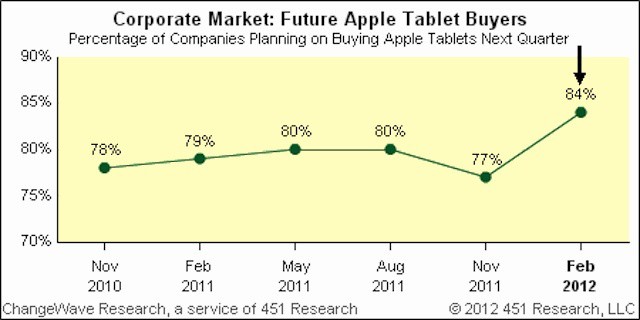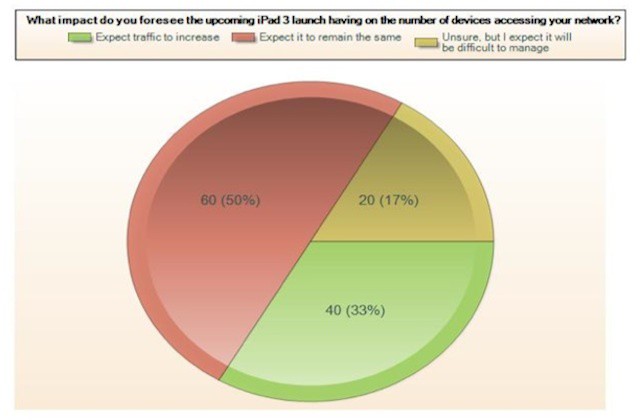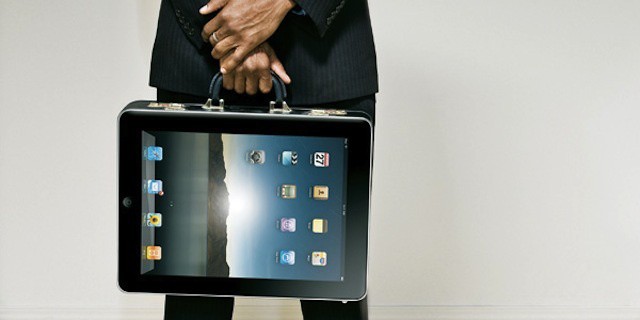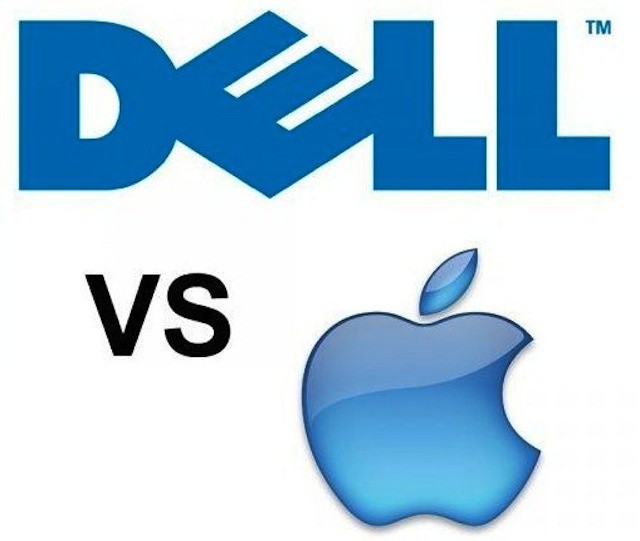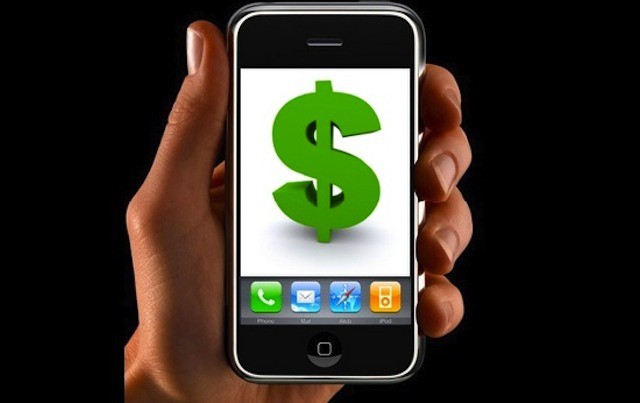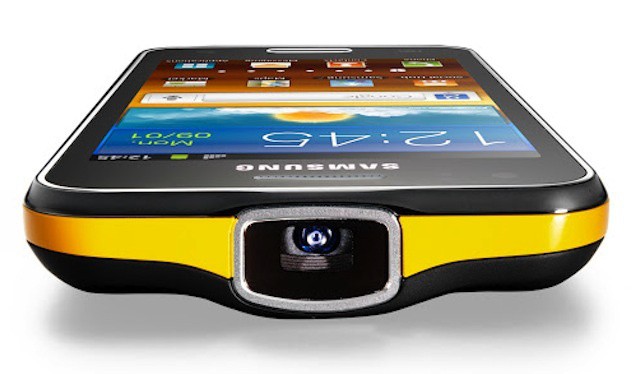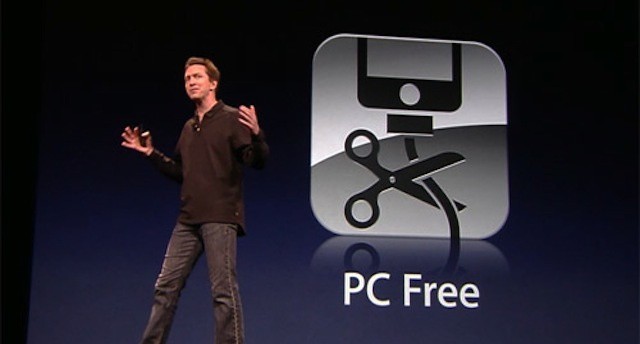Lately, RIM has been losing major enterprise customers to Apple on a regular basis. U.S. federal agencies (including NOAA and ATF) have been some of the biggest enterprise switchers from BlackBerry devices to iPhones.
Today’s bad news must have a particularly nasty sting for the BlackBerry manufacturer. For the first time, iPhone sales in RIM’s native Canada have surpassed sales of BlackBerry devices – and by a pretty wide margin. Given the sense of loyalty that many Canadian businesses and consumers have shown to RIM, which is based in Waterloo, Ontario, the new numbers highlight the extent of RIM’s challenges and shortcomings.
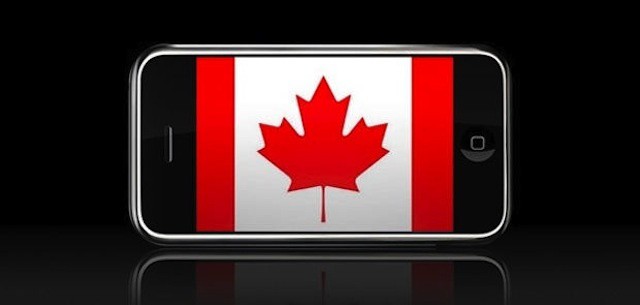
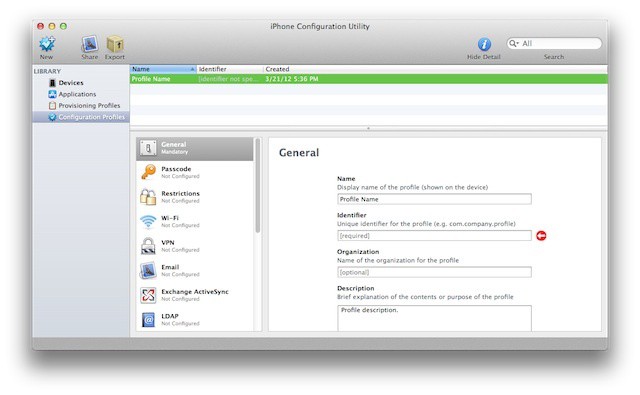


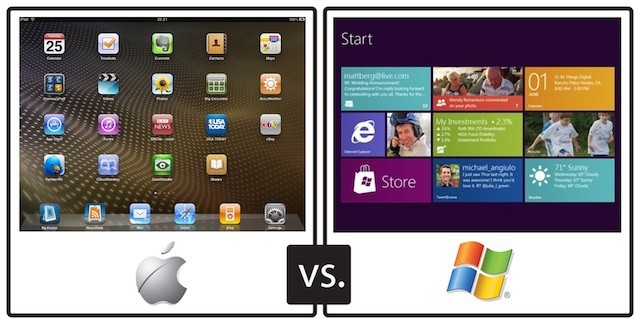
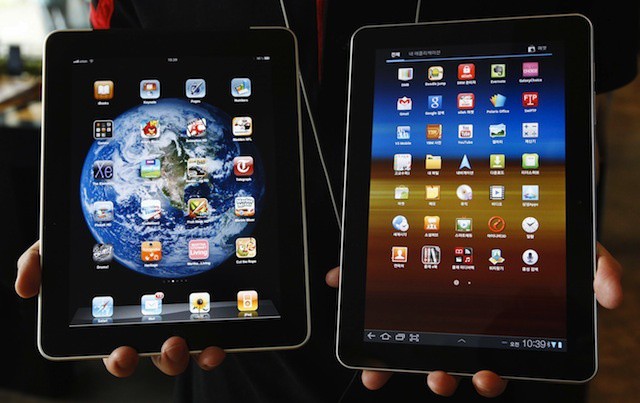
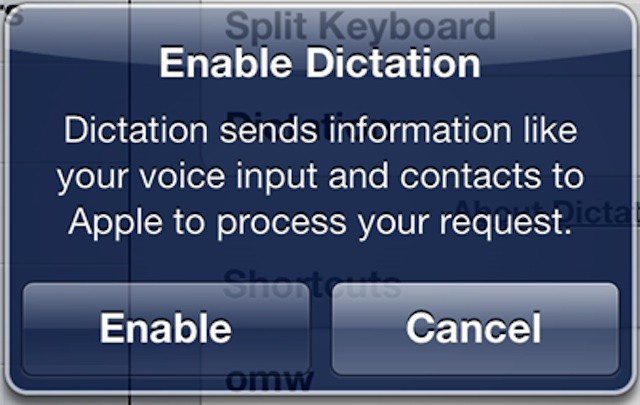
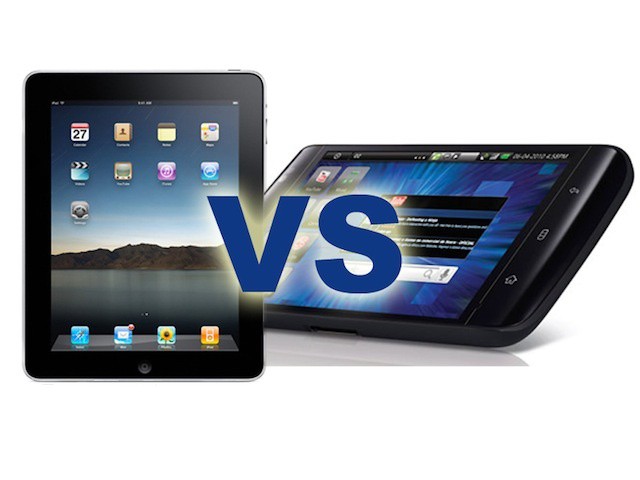
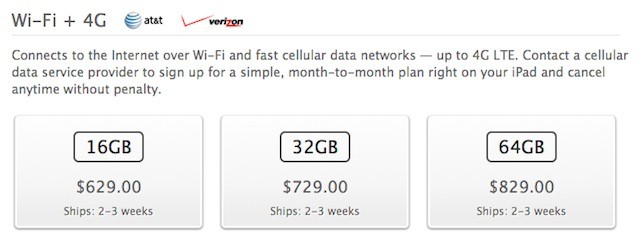
![What Will The New iPad’s Release Mean For Your Business? [Feature] How will the new iPad affect your business?](https://www.cultofmac.com/wp-content/uploads/2012/03/newipad-b.jpeg)
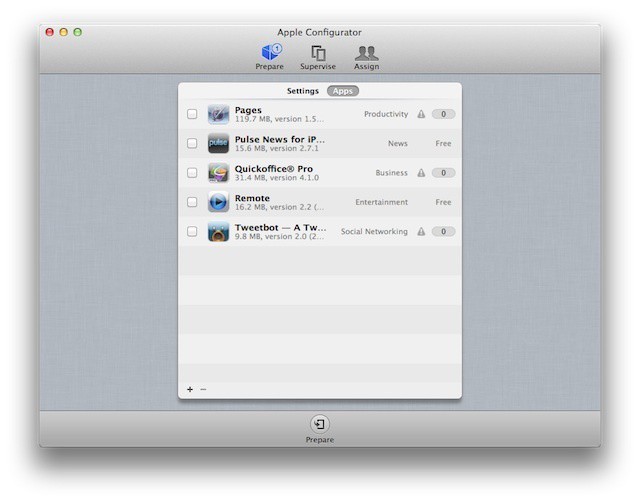

![Use Configurator To Roll-Out iOS Devices To Your Users – The Right Way [How-To] Apple Configurator's Intro Screen](https://www.cultofmac.com/wp-content/uploads/2012/03/Screen-Shot-2012-03-13-at-12.29.12-PM.jpeg)
